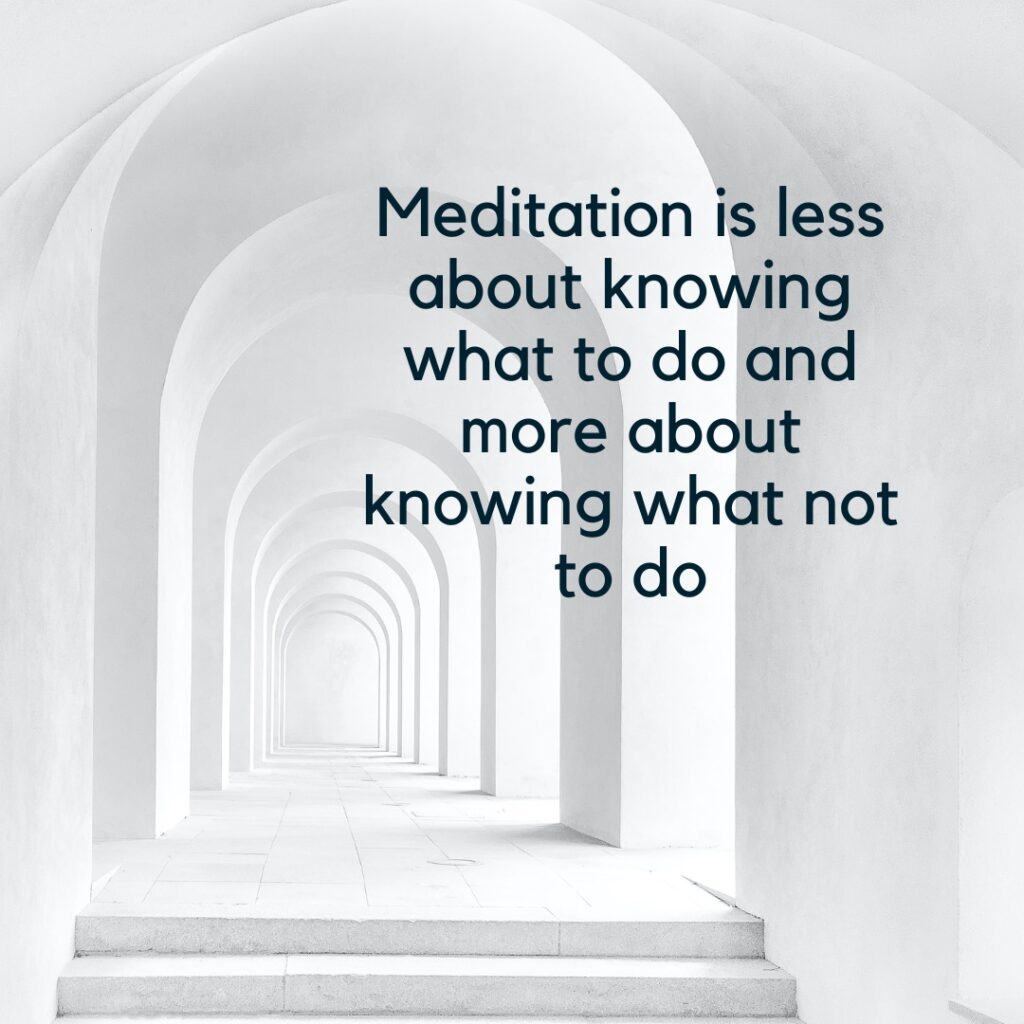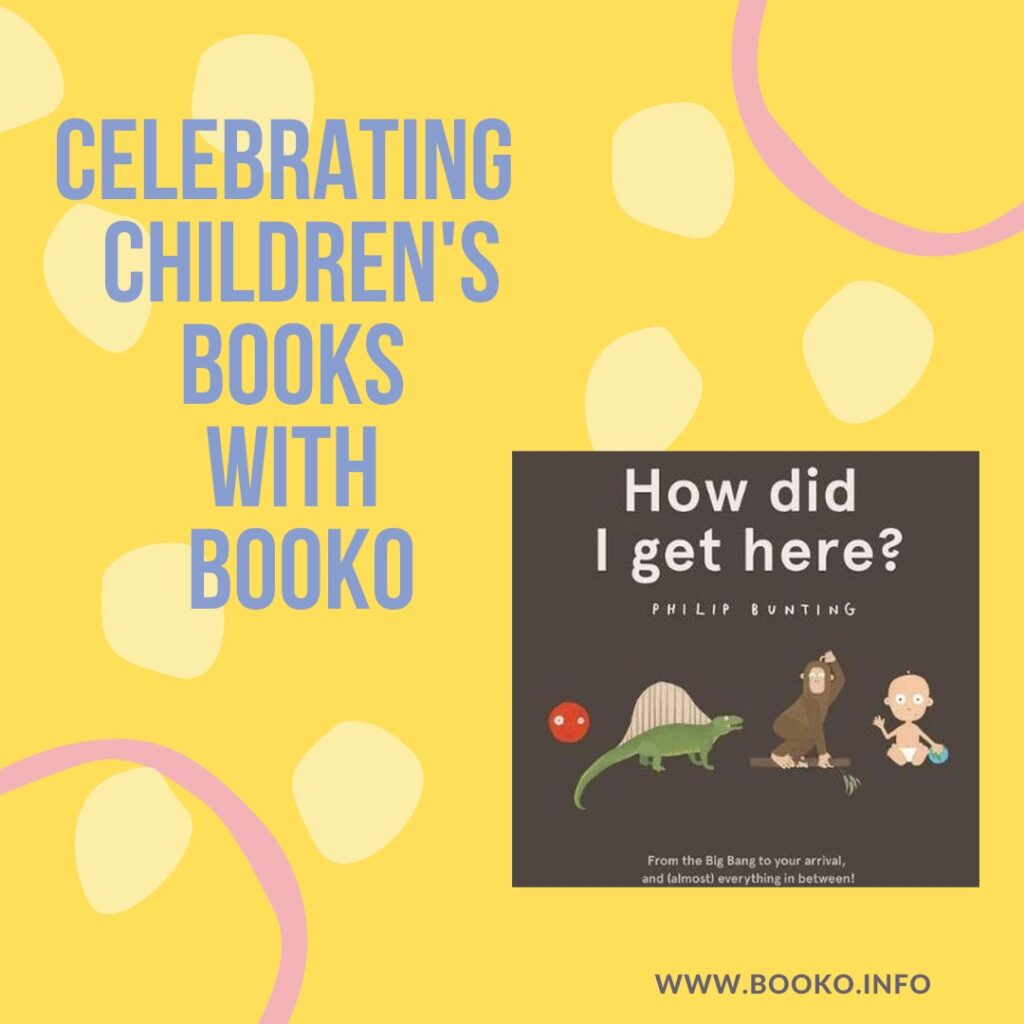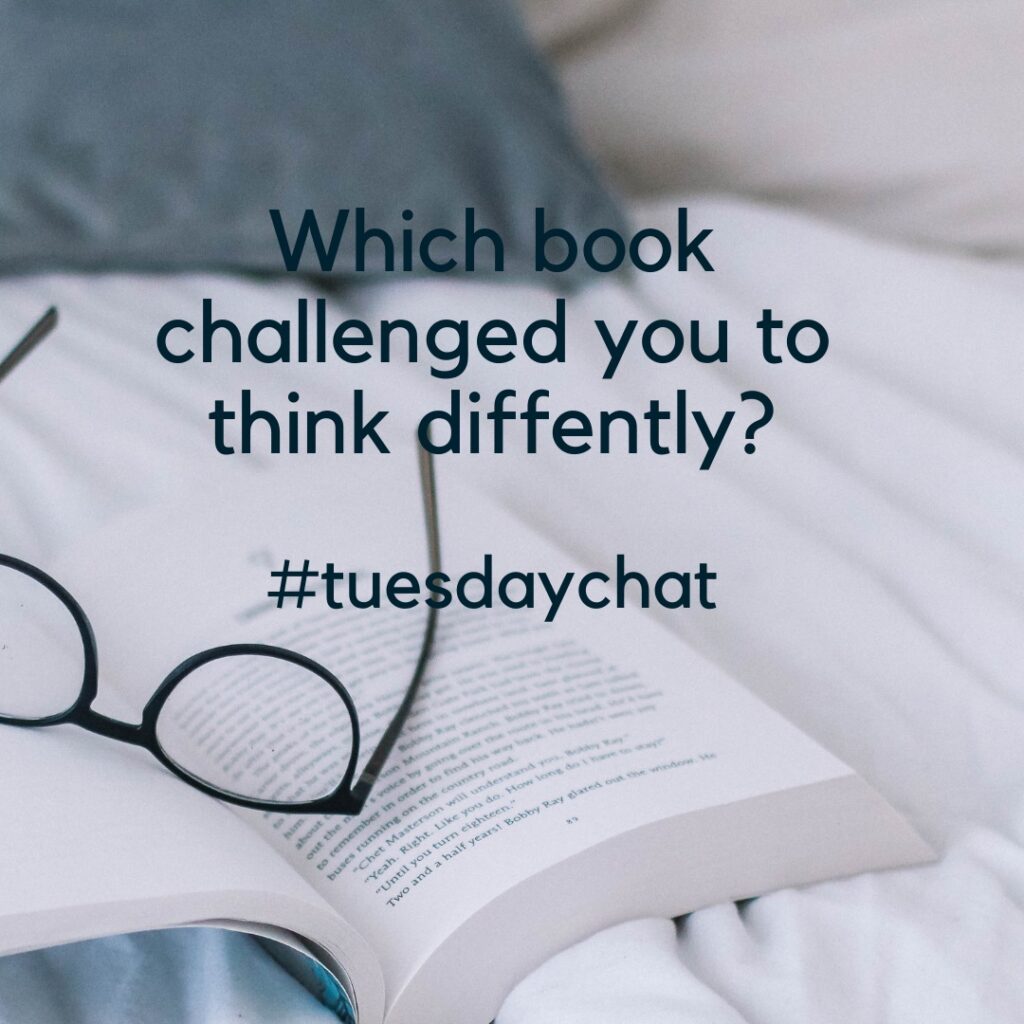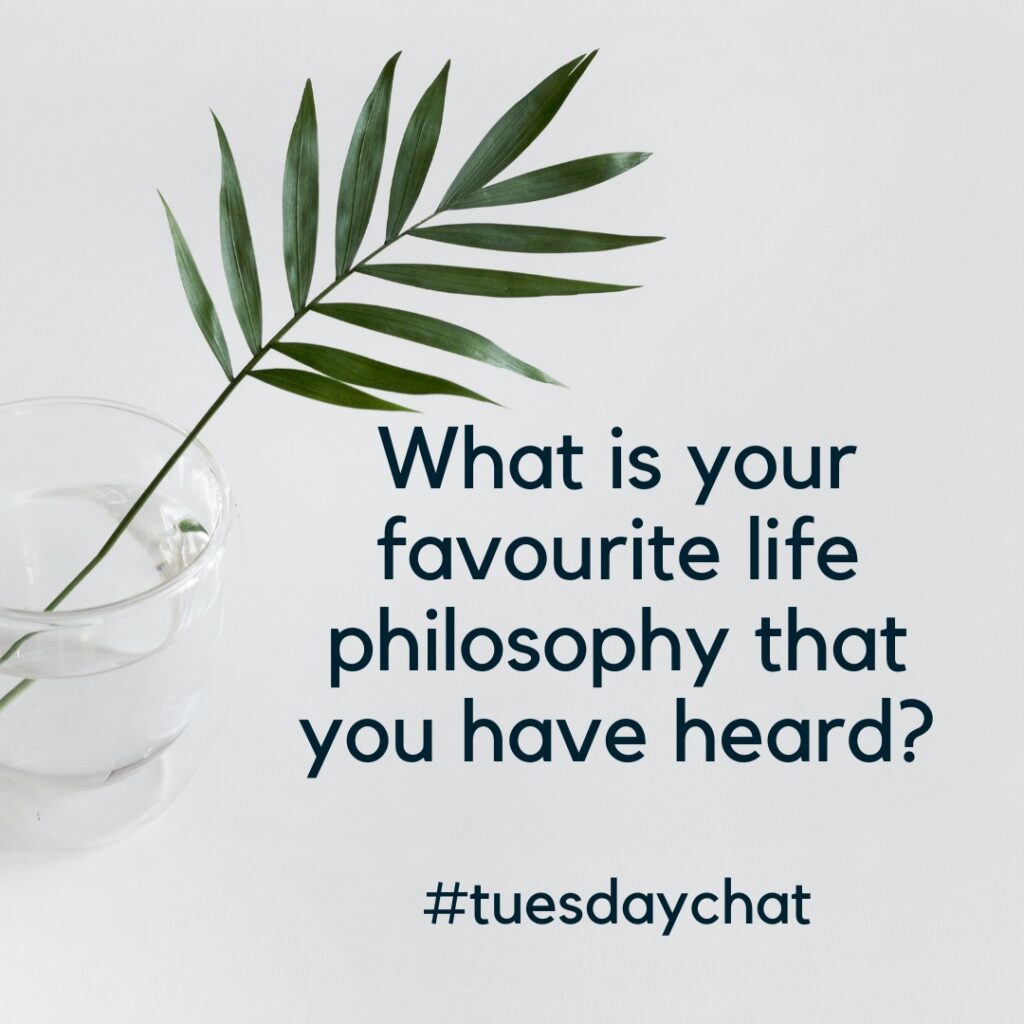Meditation is known and followed by many who delight in the calm and clarity it brings them when they need it most, though others can find it lacking in science and complete woo-woo. In these crazy times we are living in with a climate crisis, global pandemics, spring inflation and even a war, Team Booko has found six amazing books that want to help ease your mind and may even change the mind of the strongest sceptic. Whether you are looking for quick suggestions to relax during the day or answers to deeper questions about the direction of your life, these books each aim to work towards a positive impact on your life while drawing on science and practice.
Finding Peace: Meditation and Wisdom for Modern Times by Lama Yeshe Losal Rinpoche
Finding Peace is a practical guide to the life-changing benefits of meditation from leading Buddhist master Lama Yeshe Losal Rinpoche. Rinpoche is the leading Buddhist monk in the UK, who shares his collected wisdom on how we can all overcome negative thoughts and calm our minds with simple meditation practices. His teachings have transformed the lives of people all over the world and, in our modern chaotic world, have never been more pertinent.
He teaches us that our minds are infinite like the sky, which can easily become clouded with stress and emotions, but with meditation we are able to clear away these clouds. By freeing our minds of those obstacles we can find peace in every moment and live a truly fulfilled life. With practical steps on breathing, posture, forgiveness, relationships and routine, this is the definitive guide for beginners and experienced meditators alike to learn from the wisdom of a globally revered meditation master.
Breathe Like a Badass by Hannah Jane Thompson
Breathe Like a Badass is a practical handbook that shows you how to harness the power of meditation, covering everything from comparison and office politics to body image and relationships. This practical handbook teaches you how to start and stick to a non-woo-woo, scientifically based, zero-BS meditation habit that you can turn to again and again when life and work gets tough. Qualified meditation teacher and certified life coach Hannah Jane Thompson has been practising meditation for over 11 years, after discovering the difference it made to her own life. As an ambitious but chronically anxious journalist, Hannah suppressed all feelings of not being ‘good enough’ until one day she was hit with chronic depression, anxiety, and panic attacks. At her absolute lowest point, she discovered meditation, and it quite literally saved her life. Breath by breath, meditation taught her to stop, breathe, accept who she was, and question those negative thoughts and transform them into something a little more kind, positive, and mindfully productive. Drawing on her own story, her teaching practice and experiences of her clients, Hannah shows you how to harness the power of meditation. Breathe Like a Badass is your no-BS guide to creating a life-changing, burnout-busting emotional toolbox of your own.
Total Meditation: Stress Free Living Starts Here by Deepak Chopra
Times are hard. Meditation doesn’t have to be. Meditation leads to transformation. It affects every aspect of your wellbeing and can bring about positive change in your body, affect your mental outlook, increase your decision-making ability and eliminate worry and anxiety. The master of modern meditation Deepak Chopra draws on his 30 years of practice and reveals how to achieve blissful awareness by waking up to who you really are. Perfect for beginners, sceptics or those looking for a new approach to stillness, his simple 7-day programme offers a life-changing path to a quiet mind.
The No-Nonsense Meditation Book by Steven Laureys
Rigorously researched and deeply illuminating, world-leading neurologist Dr Steven Laureys works with celebrated meditators to scientifically prove the positive impact meditation has on our brains.
Dr Steven Laureys has conducted ground-breaking research into human consciousness for more than 20 years. For this bestselling book, he explores the effect of meditation on the brain. He uses hard science to explain the benefits of a practice that was once thought of as purely spiritual. The result is a highly accessible, scientifically questioning guide to meditation, designed to open the practice to a broader audience. A mix of fascinating science, inspiring anecdote and practical exercises, this accessible book offers scientific evidence that meditation can have a positive impact on all our lives.
Strong, Calm and Free: A modern guide to yoga, meditation and mindful living by Nicola Jane Hobbs
Heartfelt and deeply practical, Strong, Calm and Free brings alive the possibility of a life of inner peace, compassion and joy. Grounded in both modern science and ancient wisdom, this beautiful and inspiring book demystifies the philosophy and psychology of yoga, making the 4000-year old practice accessible for modern life. Whether you’ve never stepped foot on a yoga mat before or want to deepen your home practice, this beautifully-illustrated book is suitable for all abilities, gently guiding you through a ten-week journey of yoga sequences, meditations and mindful living practices that will build strength, bring insight and offer a path to healing and freedom. Written by holistic counsellor and international yoga and meditation teacher Nicola Jane Hobbs, Strong, Calm and Free shares the tools to help you navigate the peaks and valleys of modern life, to dispel the “I’m not good enough” myth that holds so many of us back and to experience the miracle of being yourself. By sharing her gentle wisdom alongside simple, practical exercises, Nicola invites you on a path of inner transformation. A mindful adventure of self-discovery. A journey towards health, happiness and wholeness. Towards strength, peace and freedom. Towards becoming fully and fearlessly who you are.
A Monk’s Guide to Happiness: Meditation in the 21st century by Gelong Thubten
We’re all on a search for happiness, but we’re looking in the wrong places. Everyone looks externally to find contentment, we think material possessions will unlock our happiness. A Monk’s Guide to Happiness explains how and why we need to look within, and connect to our true essence, in order to find peace. Everyone has the potential to be happy, after all, we’re all ‘hardwired’ for happiness. But how do we get there? By meditating. Not just in the morning, but throughout the day by introducing micro moments so we never drop the mindfulness ball, even when we’re busy. Meditation is more than just a stress-reduction tool or a relaxation therapy, it is the key to finding long-lasting happiness. Gelong Thubten, a Buddhist monk who has worked with everyone from Silicon Valley entrepreneurs to Ruby Wax and Benedict Cumberbatch, explores the theme of happiness in his debut book and explains how to bring meditation into our busy 21st century lives with simple exercises.
Enjoy!




























